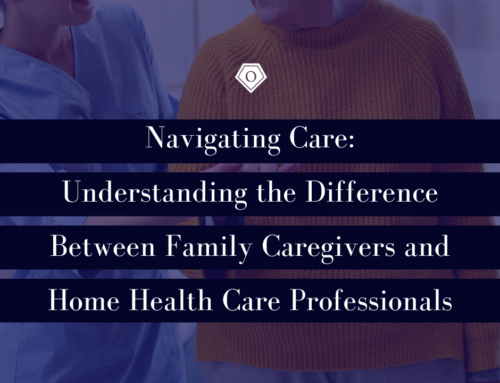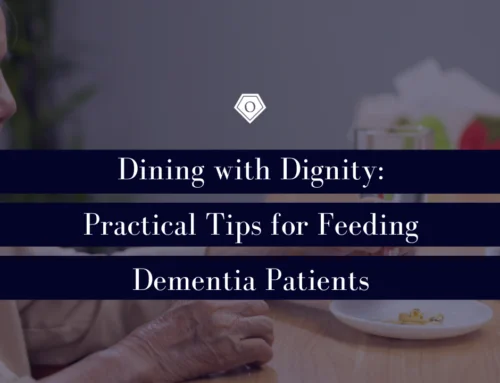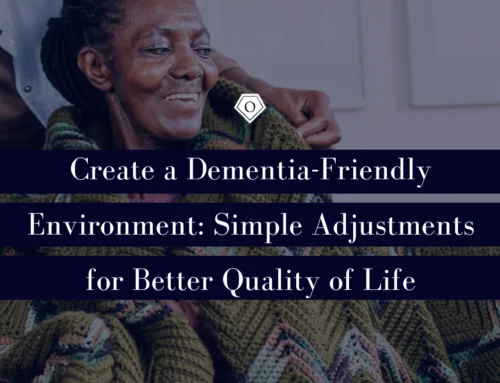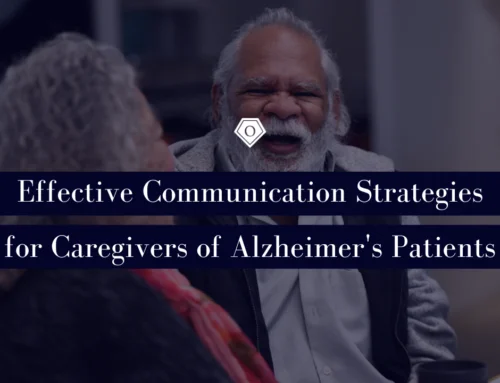Changes in memory are normal as we grow older. It can be difficult to recognize normal signs of aging versus signs of Alzheimer’s disease in older adults.
When you see multiple signs, it is important to check with a doctor. Receiving support as early as possible is critical.
- Memory Loss The Disrupts Daily Life
- Asking for information over and over or forgetting important events are common symptoms of Alzheimer’s.
- What’s a typical age-related change? Sometimes forgetting names or appointments, but remembering them later.
- Difficulty Performing Familiar Tasks
- Individuals may forget steps involved with preparing a meal, placing a call or playing a familiar game.
- What’s a typical age-related change? Occasionally needing help to use the settings on a microwave or to record a television show.
- New Problems with Writing or Speaking
- People with Alzheimer’s forget simple words or substitute unusual words, making their speech or writing hard to understand.
- What’s a typical age-related change? Sometimes having trouble finding the right word.
- Confusion with Time or Place
- People with Alzheimer’s can have trouble understanding things that aren’t happening immediately. They might lose track of dates, seasons or passages of time.
- What’s a typical age-related change? Getting confused about the day of the week but figuring it out later.
- Poor or Decreased Judgement
- People with Alzheimer’s might pay less attention to grooming or staying clean and have trouble dealing with money.
- What’s a typical age-related change? Making a bad decision once in a while.
- Problems with Abstract Thinking
- People with Alzheimer’s may have trouble thinking of how numbers should be used or performing complex mental tasks.
- What’s typical? Finding it challenging to balance a checkbook.
- Misplacing Things and Losing the Ability to Retrace Steps
- People with Alzheimer’s may place things in unusual places.
- What’s a typical age-related change? Misplacing things from time to time and retracing steps to find them.
- Changes in Mood or Behavior
- People with Alzheimer’s may become confused, suspicious, depressed, fearful or anxious.
- What’s a typical age-related change? Developing very specific ways of doing things and becoming irritable when a routine is disrupted.
- Trouble Understanding Visual Images and Spatial Relationships
- People with Alzheimer’s may have difficulty reading, judging distance, determining color or having vision problems.
- What’s a typical age-related change? Vision changes related to cataracts.
- Withdrawing from Social Activities
- People with Alzheimer’s may avoid being social because they are experiencing symptoms 1-9.
- What’s a typical age-related change? Sometimes feeling weary of work, family and social obligations.
Alzheimer’scaregivers feel remote. Our team includes each person in the home care process to provide inclusive care that helps the patient thrive.






